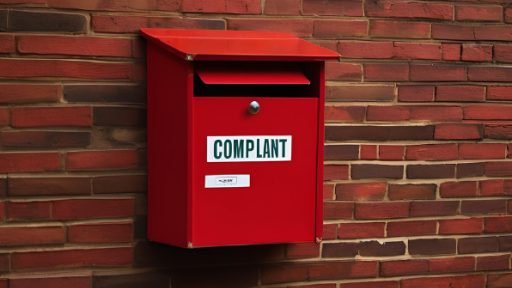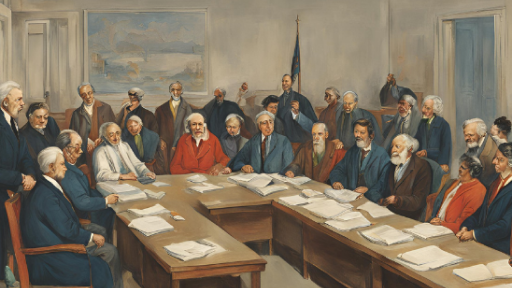
- Home
- Society Sunday
- Blog
Ensuring Transparency and Accountability: Recording and Circulation of General Body Minutes in a Cooperative Society

Introduction
Understanding the Recording of General Body Meeting Minutes
The Role of the Secretary
The Secretary of the Society plays a pivotal role in this process. Bye-law 142 assigns the responsibility of maintaining and updating the Account Books, Registers, and other Records to the Secretary. This includes the minutes of the General Body Meetings. The Secretary is also tasked with circulating the draft minutes among all members within 15 days of the committee meeting where the draft minutes were finalized.
Circulation and Feedback
Importance of Accurate Minutes
Legal Documentation: Minutes serve as legal documents that can be referred to in case of disputes or for making future decisions.
-
Transparency: They ensure that all members are informed about the society’s activities and decisions, fostering transparency.
-
Accountability: Minutes hold the committee accountable for the decisions made and actions taken.
-
Historical Record: They provide a historical record of the society’s governance, which is invaluable for new members and future committees.








